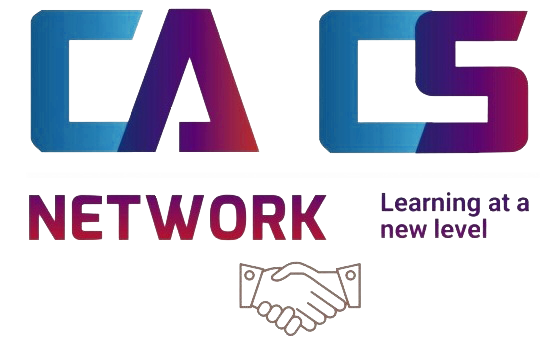The Punjab National Bank (PNB) scam could negatively impact around 10,000 people working in the gems and jewellery sector as business woes of Gitanjali Group and Nirav Modi firms continue.
In addition, the banking sector’s non-performing assets (NPAs) in the gems and jewellery sector may surge to 30 percent from the current 11 percent of loans disbursed in the troubled segment, said a Care Ratings report.
Following the disclosure of the PNB scam worth Rs 12,700 crore by the Delhi-based bank on February 14, the two group companies involved in the scam – three of Nirav Modi’s firms and his uncle Mehul Chokshi’s Gitanjali Group – have written letters to their employees asking them to look for other jobs as they would not be able to pay them their salaries.
The shutdown of Gitanjali Group and Nirav Modi firms could lead to:
Foreign trade in jewellery could decline by 5-6 percent in 2018-19.
Overall sale of jewellery could be impacted by as much as 16 percent
3,000 permanent staff of the two companies could lose jobs, which could further impact around 7,000-8,000 non-permanent staff directly or indirectly.
A simulation analysis shows that NPA ratio for this sector could climb to 30 percent.
Gitanjali Gems is among the largest jewellery retailers in the country, where the market is estimated at Rs 3,90,000 crore, that consists of 30 percent formal retailers. The two companies - Gitanjali and Nirav Modi - employed 648 and 2,200 employees respectively, as per a March 2017 filing.
"A combined 3,000 persons would be rendered jobless and another 7,000-8,000 temporary workers and employees at franchisees are expected to be affected. The sector employed 22,000 people as per data available for 22 companies of this sample of 34 companies and the two companies constitute 12-15 percent of the total industry workforce excluding craftsmen and temporary employees," Care Ratings said.
Impact of NPAs on banks
Amid large loans totalling over Rs 21,000 crore including direct loans given to the two groups, the Indian gems and jewellery sector may see a substantial increase in bad loans.
According to the ratings agency, stressed assets ratio for the banking system as of September 2017 was 12.2 percent, while the gems and jewellery sector reported 11.7 percent stressed advances ratio, which was lower than the sample average.
“With these two companies having reported borrowings of around Rs 16,000-17,000 crore (as per annual report and other sources and assuming there are no other loans from other banks than is reported), overall gross NPA ratio for this sector based on outstanding as of December 2017 (including the contingent liability falling due) and stressed assets as per RBI data for September 2017 would work out to around 30 percent,” it said.
In the report, Care has also highlighted that apart from employment and banks, the scam could have an adverse impact on developments in international trade and domestic revenue.
Gitanjali Gems Ltd and Firestar Diamonds (which has already filed for bankruptcy in the US) together also accounted for 5.8 percent of the diamond and jewellery trade in value terms in 2015-16. The sector accounted for around 13 percent of exports and 8 percent of imports in 2016-17.
